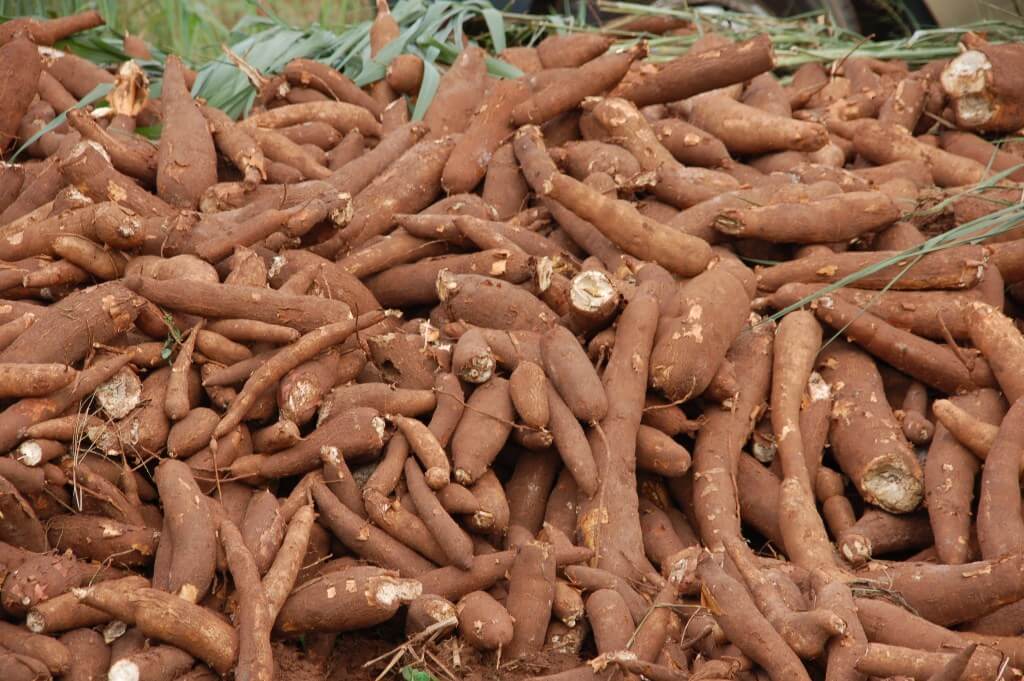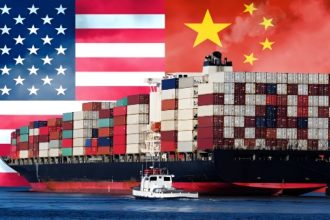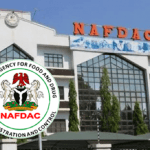In view of the implementation of the African Continental Free Trade Area Agreement (AfCFTA), the Chairman/Chief Executive, National Quality Council (NQC), Osita Aboloma, has counselled Nigeria to boost its export potentials in cassava products to earn valuable foreign exchange.
He admonished stakeholders in the Cassava value chain in Nigeria to take optimum advantage of the various initiatives being promoted under the auspices of the African Union Commission (AUC), the Pan African Quality Infrastructure (PAQI) and the African Organisation for Standardisation (ARSO) given the vantage position of the country in the production of Cassava within the Continent.
Aboloma gave the admonition while inaugurating the Local Organising Committee (LOC) for the hosting of the African Cassava Conference scheduled for Abuja, Nigeria between October 15 and 17, 2023. The theme of the conference is “Stimulating Africa’s Industrialization Through Development of and Assuring Quality Along The Cassava Value Chain”.
Ahead of the Africa Cassava Conference, the Chairman of the NQC urged members of the Local Organizing Committee (LOC) to ensure the full cooperation of their organizations and institutions. He emphasized the need for effective mobilization of both the public and private sectors in Nigeria to support the success of the conference. The aim is to showcase Nigeria’s cassava products and attract foreign buyers, thereby boosting export revenues and contributing to the country’s overall economic growth.
The Committee members were assured by the NQC Chairman that every effort would be made to ensure the successful hosting of the Africa Cassava Conference. Additionally, the NQC intends to collaborate with the African Union Commission, PAQI, and other stakeholders and development partners within Nigeria and across Africa to promote quality standards both locally and internationally.
Aboloma posited that the African continent stands to benefit immensely from initiatives such as the Cassava Value Chain project to promote intra-African trade, enhance economic emancipation, welfare of Africans and position the continent better in its trading relationship with the rest of the world.
He commended the efforts of the African Union Leadership, through the AUC and particularly the PAQI in promoting quality infrastructure in the continent, stressing that Nigeria through the NQC is following suite.
He charged them to work collectively and seamlessly to ensure a successful hosting by Nigeria in furtherance of the implementation of the African Continental Free Trade Area (AfCFTA) Agreement to the greater benefit of the Continent and its people.
The NQC Chairman enjoined them individually and collectively to bring their wealth of knowledge and experiences as well as patriotism to bear in the discharge of the assignments relating to the successful hosting of the African Cassava Conference.
Members of the Local Organising Committee for the African Cassava Conference include representatives of National Quality Council as Chair, Nigerian National Accreditation Service (NiNAS), Standards Organisation of Nigeria (SON), Nigerian Agribusiness Group (NABG), HarvestPlus Nigeria, Marbles & Gardens, Ekap Achi Foundation and ABOMAX Group as event Managers.
The African Cassava Conference is expected to attract participants from across the continent, including farmers, processors, importers, exporters, manufacturers, research institutions, agricultural financial institutions, development partners, Ministries, Departments and Agencies from Federal and State Governments involved in the cassava and agricultural value chain as well as the mass media.
PORTS & BORDERS’ Insight
The tuber cassava is dried and processed to form chips, cubes, peeler, starch and flour and pellets before being exported.
The processed cassava serves as industrial raw material for the production of adhesives bakery products, dextrin, dextrose glucose, lactose and sucrose. Dextrin is used as a binding agent in the paper and packing industry and adhesive in cardboard, plywood and veneer binding.
Food and beverage industries use cassava products derivatives in the production of jelly caramel and chewing gum; pharmaceutical and chemical industries also use cassava alcohol (ethanol) in the production of cosmetics and drugs.
Cassava is a major subsistence crop, after maize, especially in the country’s semi-arid areas where, due to its drought tolerance, cassava is sometimes considered a famine reserve when cereals fail.
Most of the cassava in the country 84 per cent is for human consumption, and the remainder is used for animal feed, alcohol brewing, and starch production.
















